To celebrate the International Day of LGBTQIA+ People In STEM, the Royal Society has chosen a selection of scientists to discuss their career and experiences as an LGBTQ+ person in STEM.

I’m Dr Alfredo Carpineti and I’m the chair of Pride in STEM, an award-nominated charity and one of the organisers of International Day of LGBTQIA+ People In STEM. Today, 18 November 2022 marks the fifth year of this international celebration taking place.
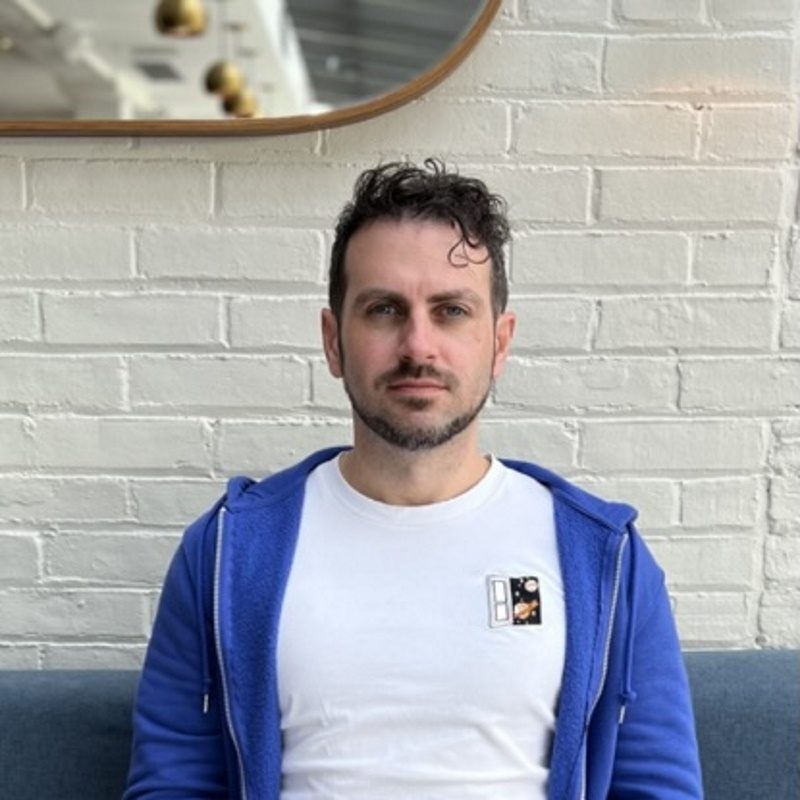
Both Pride in STEM and the International Day of LGBTQIA+ People in STEM were founded to celebrate and highlight the work and barriers of LGBTQ+ people in science, technology, engineering, and maths (STEM). These barriers are often a direct result of a hostile work environment.
We see that 28% of LGBTQ+ people have at some point considered leaving their jobs because of a hostile workplace or discrimination towards them, and half of transgender or gender non-conforming physicists were harassed in their own departments. In general, LGBTQ+ people in STEM were more likely to experience professional devaluation, exclusion, harassment than cisgender heterosexual colleagues. This is even more true for LGBTQ+ people of colour, women, and gender minorities.
Unfortunately these barriers remain a crucial issue for our community and science as a whole, and in many ways, they are worsening. Attacks against members of the LGBTQ+ community have massively increased, and so have those towards scientific and medical institutions. Many of these attacks come in the form of transphobia. The Royal Society itself was targeted after featuring a non-binary fellow discussing their scientific work.
The anti-science, anti-expert, anti-intellectual wave is gaining strength and power, and they are targeting the lives of trans and non-binary people. Scientists, science communicators, and organizations should commit to action in support of LGBTQ+ people and apply the principles of equity, inclusion, and justice, to every part of their work.
However, LGBTQ+ people continue to flourish within STEM in spite of the struggles, and display a resilience and brilliance that should be commended. Here are just a few.
Martin Johnson
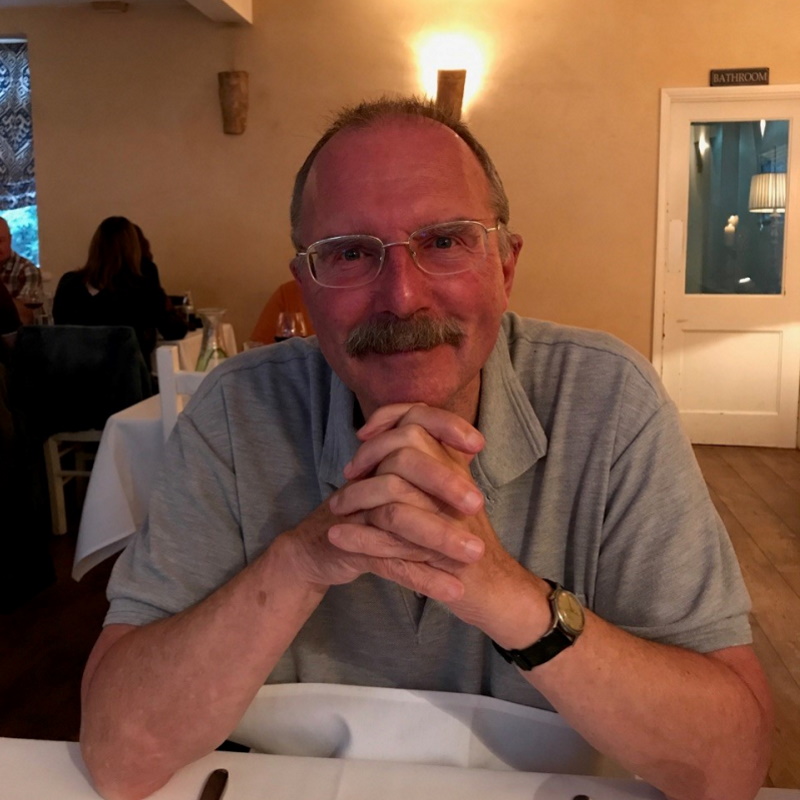
As a gay and retired developmental and reproductive scientist. I have had a very successful career based in Cambridge University, having been elected an FRS and a Fellow of the Academy of Medical Sciences. I am in a long-term relationship of some 40 years with my partner, and we are very open in our relationship and have never experienced any rejection by our colleagues at work or in my college (Christ’s). This is very different from when I first came up to Cambridge as a medical student in the early 1960s when I experienced a very homophobic environment amongst both the academic staff and my fellow students. l didn’t come out until I was in my 40s, a very different situation to today when people come out at school or when undergraduates. I am currently mentoring a gay man who is from a culture that doesn’t accept homosexuality, and who is exploring his sexuality whilst undertaking research in a STEM subject. I am proud to bring my own experience of being rejected as gay when younger to bear on my mentoring.
Imogen Gingell
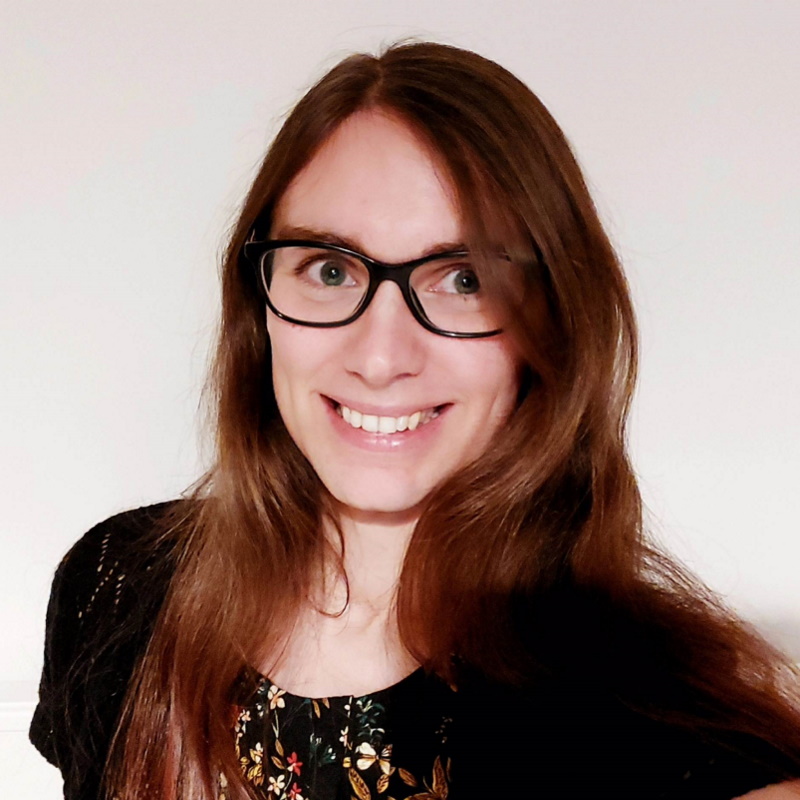
I am a Royal Society University Research Fellow, a space physicist, and a trans woman at the University of Southampton. My research tackles the interaction between Earth’s magnetic field and the solar wind, especially at the bow shock, where the solar wind plasma slows from super-sonic to sub-sonic speeds. My career has been all about transitions, and not just at shockwaves! My PhD at Warwick was in nuclear fusion, and I transitioned to space physics with my first postdoc at Queen Mary in London. Next at Imperial College London I jumped from using computer simulations to spacecraft data. Now I use a mix of everything I’ve learned!
I’m glad to say I’ve had the support of close colleagues and collaborators during my transition. For me the most heartening thing was to see representation of other LGBTQ+ people across academia. My aim at Southampton has therefore been to make myself visible, and to make sure that LGBTQ+ perspectives reach all levels of leadership, especially given the difficult political climate for trans people.
E W Tekwa
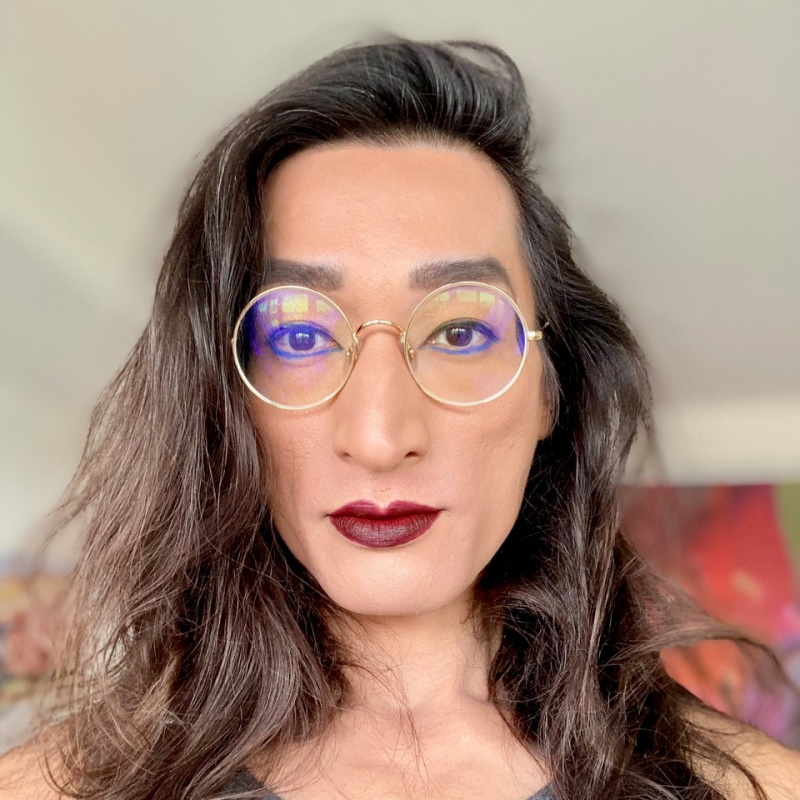
I am E W Tekwa and I am non-binary and fluid. I am a postdoctoral fellow at the University of British Columbia, I guess studying complexity. I never know what to call myself, but I develop mathematical, computational, and statistical methods to solve problems in biodiversity, sustainability, and academic composition. I obtained my BASc in Engineering Physics and worked in medical robotics and imaging, but I always knew my destiny is elsewhere. My convoluted journey has taken me through research in microbiology, evolution, ecology, economics, social science, and data science, and I have developed a unique skillset ready for anything. My family and I didn’t have dreams of me becoming a professor because we never heard of it growing up. My parents didn’t finish high school and immigrated twice so that I can thrive in whatever I turn out to be good at. Discovering my identity goes hand in hand with discovering where I belong in academia: there isn’t a name for those places, but they are where I don my pointy hat and conjure magic that the world is not ready for.
Claire Malone
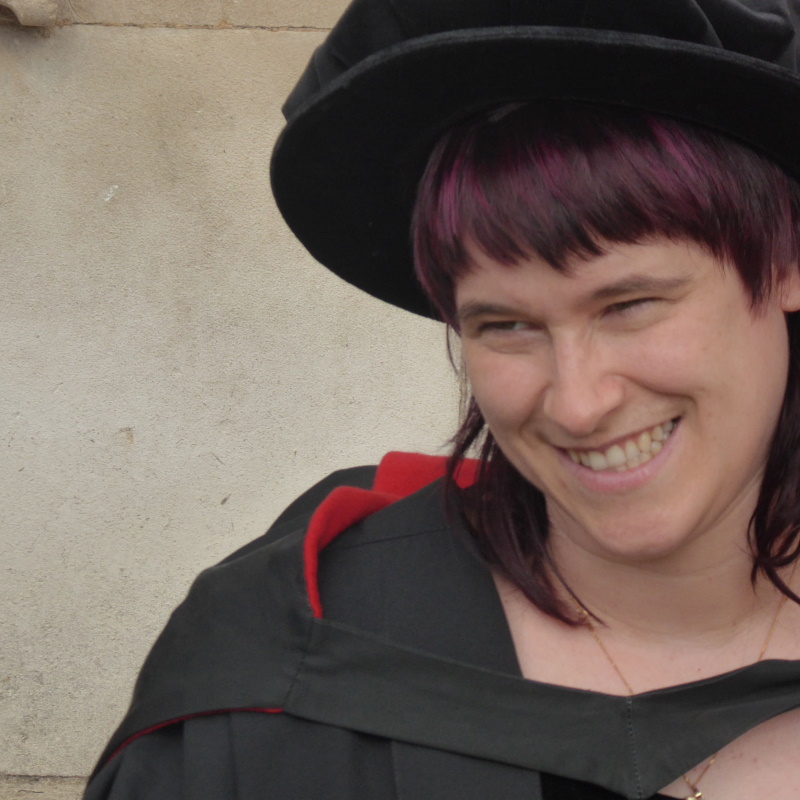
My passion to understand the world around me has led me to complete a PhD as part of the high energy physics group at the University of Cambridge, analysing data from the LHC at CERN to search for evidence of beyond Standard Model particles. I am also passionate about communicating my enthusiasm for physics to as wide an audience as conceivable, as well as advocating for the inclusion of groups that are typically under-represented in science subjects. I have had the opportunity to speak about increasing the inclusivity of science many times, through my TED Talk and at conferences promoting the research of women and LGBTQ+ scientists. Throughout my career, I have had to devise techniques of studying to negotiate the fact that I cannot use a pen/keyboard directly due to my physical disability, cerebral palsy. In my spare time I also enjoy reading (and sometimes writing) sci-fi novels!
Jazmin Scarlett
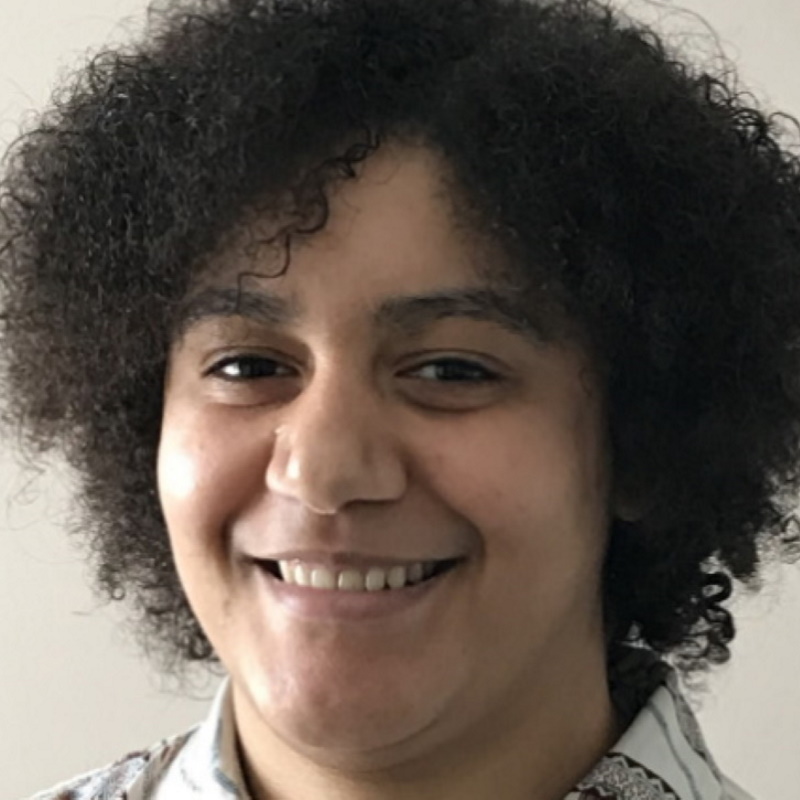
I’m the oldest of six siblings, love playing videogames and cooking. My background is in geography, natural hazards and disaster management, in particular for geohazards (volcanic eruptions, earthquakes, tsunamis and landslides) with an interest in heritage studies, science communication and public engagement and pedagogy. My research has focused on volcanoes in St Vincent, Montserrat, Germany, and Italy, investigating historic and deep past eruptions, and their impacts on those who live with them and utilizing their heritage for education and disaster risk reduction.
My experiences as an LGBTQ+ person within STEM have been fine, mainly because I’m a private person. The only time it has presented a problem, and something shared with many other LGBTQ+ geoscientists, is whether it would be safe for myself to do fieldwork and travel aboard to countries and locations that do not tolerate the existence of LGBTQ+ people.
Darby Proctor
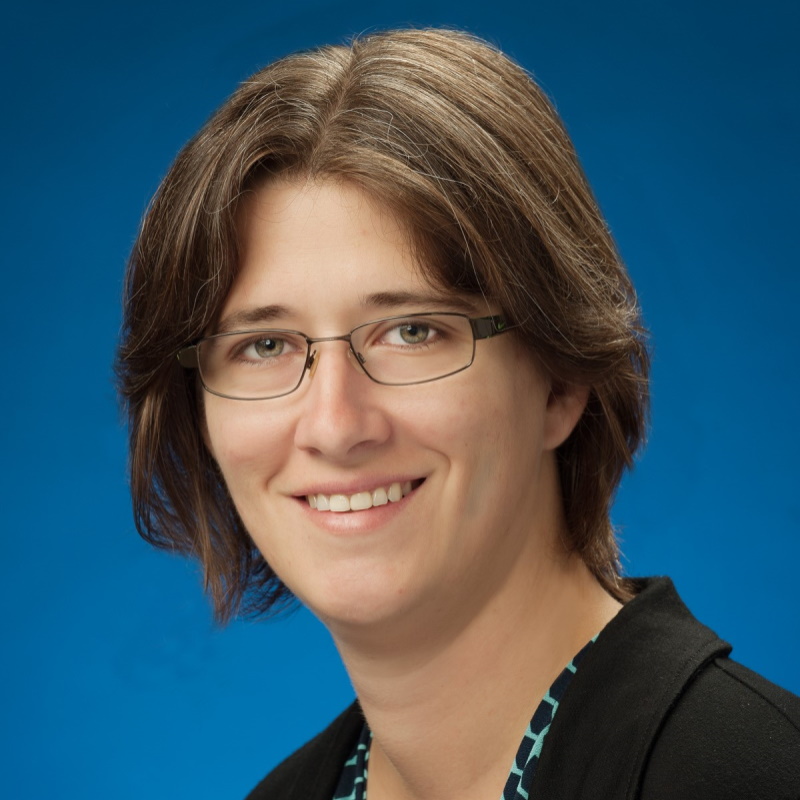
I completed my PhD and postdoctoral work in Atlanta, Georgia, a major metropolitan city in the United States. Atlanta is a visibly diverse city in every regard. I fit in well with the intellectual community and didn’t think much about that, in addition to being a burgeoning scientist, I also happened to be a lesbian. After my postdoc I accepted a faculty position in a much smaller city where diversity is often not visible. Being one of the few openly LGBTQ+ faculty resulted in some awkward moments, like getting a call asking me where students could find “gay scholarships”. Situations like that, combined with the political polarization in the US, made me realize that I could no longer be a passive member of the LGBTQ+ community and needed to become more of an advocate. For those of us who are established in our careers it is important to be visible representatives so that we can be both scientific and social role models for the next generation.






